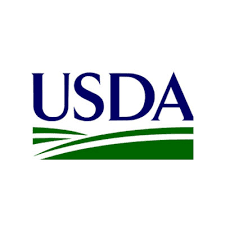
(NAFB) – The U.S. Department of Agriculture and the Canadian Food Inspection Agency announced protocols to help ensure bilateral trade if African swine fever is detected in feral swine in either country.
USDA’s Plant Health Inspection Service announced the protocols Tuesday. The protocols would be in force if ASF were still absent from domestic swine. Upon an ASF feral swine detection, all trade between both countries would initially stop. Then, according to the protocol, trade would resume in three progressive phases with increasingly reduced restrictions on live swine, swine germplasm, and untreated swine commodities.
How quickly the U.S. and Canada establish initial control areas, initiate surveillance/case findings and removal in feral swine, and start surveillance in captive swine, will determine when they enter phase two of the protocol. During the third and final phase, trade restrictions are reduced to the boundaries of the established control area. APHIS and CFIA are continuing to work with the industry to ensure that both countries have the processes and procedures in place to fully implement the protocol.
